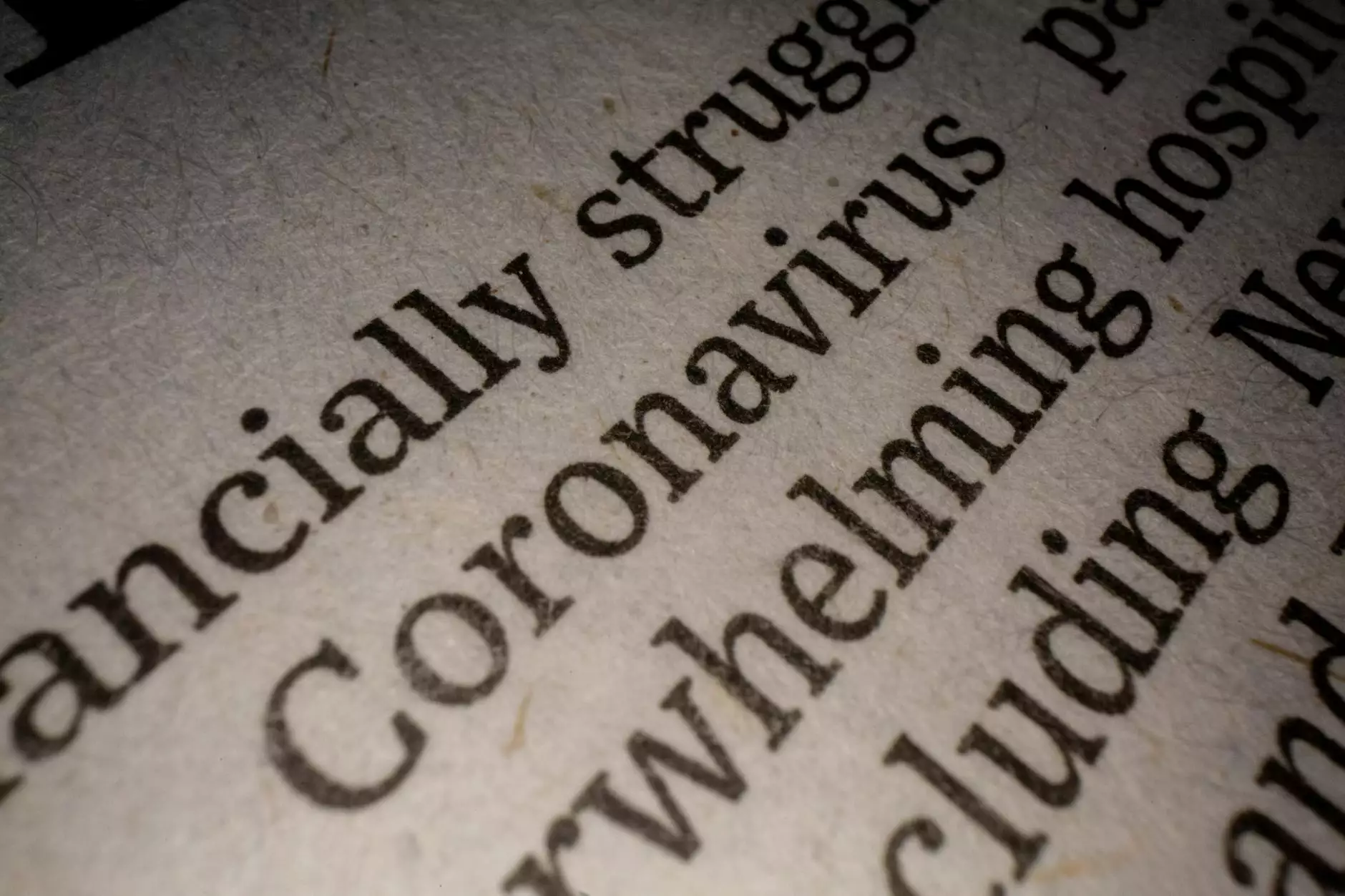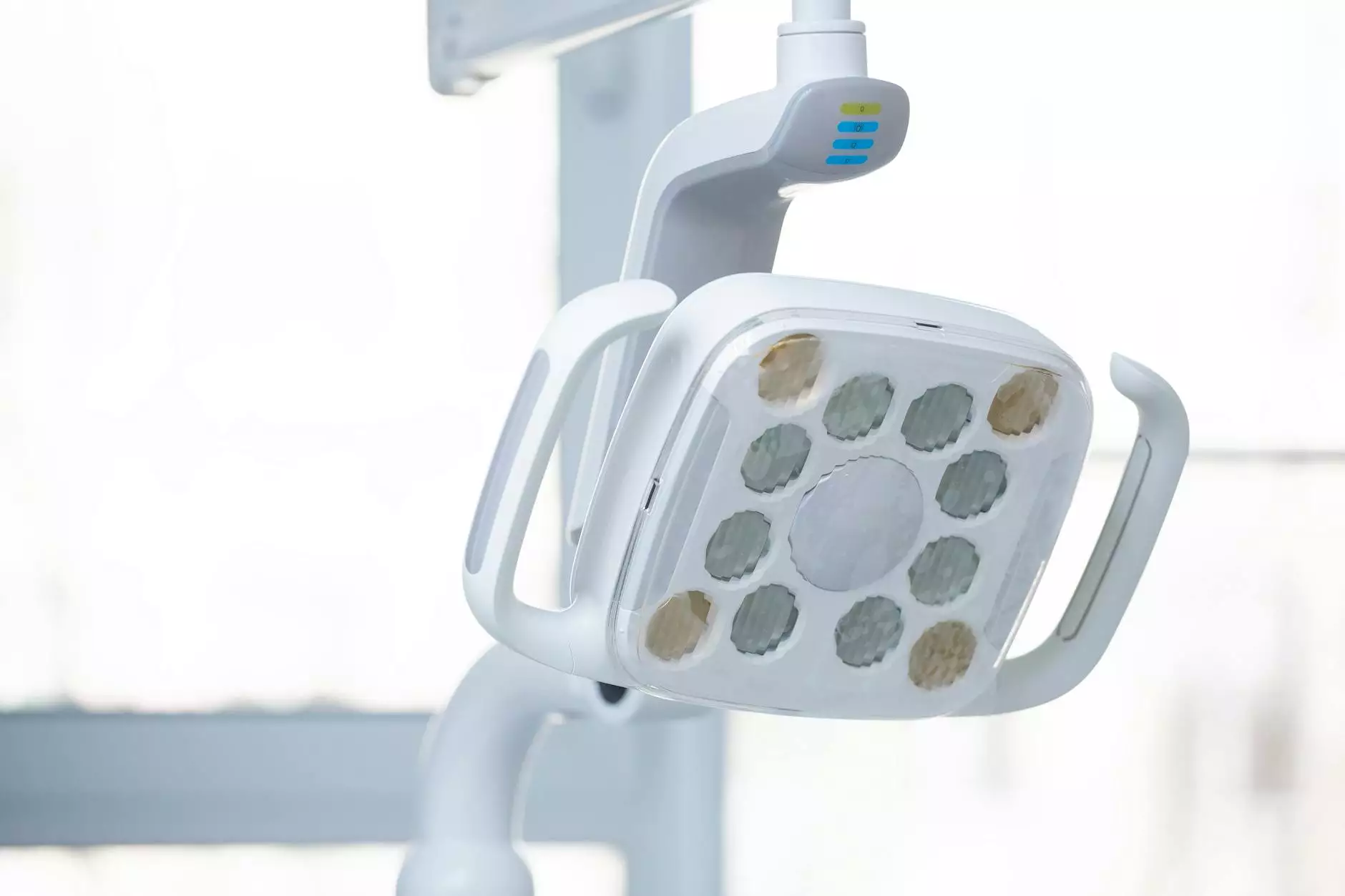Common Causes of Stomach Pain after Eating - Bhatti GI Clinics

Introduction
Welcome to Minneapolis Weight Loss Doc's guide on the common causes of stomach pain after eating. In this comprehensive resource, we delve into various health conditions, dietary factors, and lifestyle choices that may contribute to post-meal discomfort. Understanding these causes can help you better manage your health and seek appropriate medical attention if necessary.
1. Gastritis
Gastritis refers to inflammation of the stomach lining, which can cause stomach pain after eating. This condition may be caused by factors such as bacterial infection (Helicobacter pylori), excessive alcohol consumption, or prolonged use of nonsteroidal anti-inflammatory drugs (NSAIDs). Symptoms may include a burning sensation in the upper abdomen, nausea, and vomiting.
If you suspect gastritis, it is important to consult with a healthcare professional who can help identify the underlying cause and develop an appropriate treatment plan. Treatment may involve medications to reduce stomach acid, antibiotics to eradicate H. pylori infection, and lifestyle modifications.
2. Peptic Ulcers
Peptic ulcers are open sores that develop on the lining of the stomach or upper portion of the small intestine. These ulcers can cause stomach pain, especially after eating. They are commonly associated with an infection caused by H. pylori, long-term use of NSAIDs, or excessive acid production in the stomach.
Treatment for peptic ulcers typically involves a combination of medications to reduce stomach acid, eliminate H. pylori infection, and promote healing. In some cases, endoscopic procedures may be necessary to treat or manage complications associated with ulcers. It is crucial to seek medical attention to properly diagnose and treat peptic ulcers.
3. Gastroesophageal Reflux Disease (GERD)
Gastroesophageal reflux disease, commonly known as GERD, is a chronic condition characterized by the backward flow of stomach acid into the esophagus. This reflux can cause stomach pain, heartburn, and other uncomfortable symptoms, particularly after eating certain foods.
Management of GERD often includes lifestyle changes, such as avoiding trigger foods, maintaining a healthy weight, and elevating the head of the bed. Medications may also be prescribed to reduce stomach acid production or strengthen the lower esophageal sphincter. In severe cases, surgical interventions may be considered.
4. Food Intolerances and Allergies
Stomach pain after eating can also be attributed to food intolerances or allergies. Certain individuals may have difficulty digesting specific types of food, such as lactose or gluten. Consuming these foods can lead to various gastrointestinal symptoms, including stomach pain, bloating, and diarrhea.
If you suspect a food intolerance or allergy, keeping a food diary and eliminating potential trigger foods from your diet can help identify the culprit. Consult with a healthcare professional or registered dietitian for guidance on managing food intolerances and allergies and ensuring nutritional adequacy.
5. Irritable Bowel Syndrome (IBS)
Irritable bowel syndrome is a chronic gastrointestinal disorder characterized by abdominal pain, changes in bowel habits, and bloating. Certain individuals with IBS may experience stomach pain after eating, especially meals high in FODMAPs (fermentable oligosaccharides, disaccharides, monosaccharides, and polyols).
Managing IBS involves a combination of dietary modifications, stress reduction techniques, and medications as necessary. Working closely with a healthcare professional specialized in gastrointestinal disorders can help develop an individualized treatment plan to alleviate symptoms.
Conclusion
In summary, stomach pain after eating can be caused by various factors, including gastritis, peptic ulcers, GERD, food intolerances, and IBS. Properly identifying the underlying cause through medical evaluation is important for effective treatment and symptom management. If you experience significant or prolonged stomach pain after eating, it is recommended to seek professional medical advice for a comprehensive assessment and personalized care.




